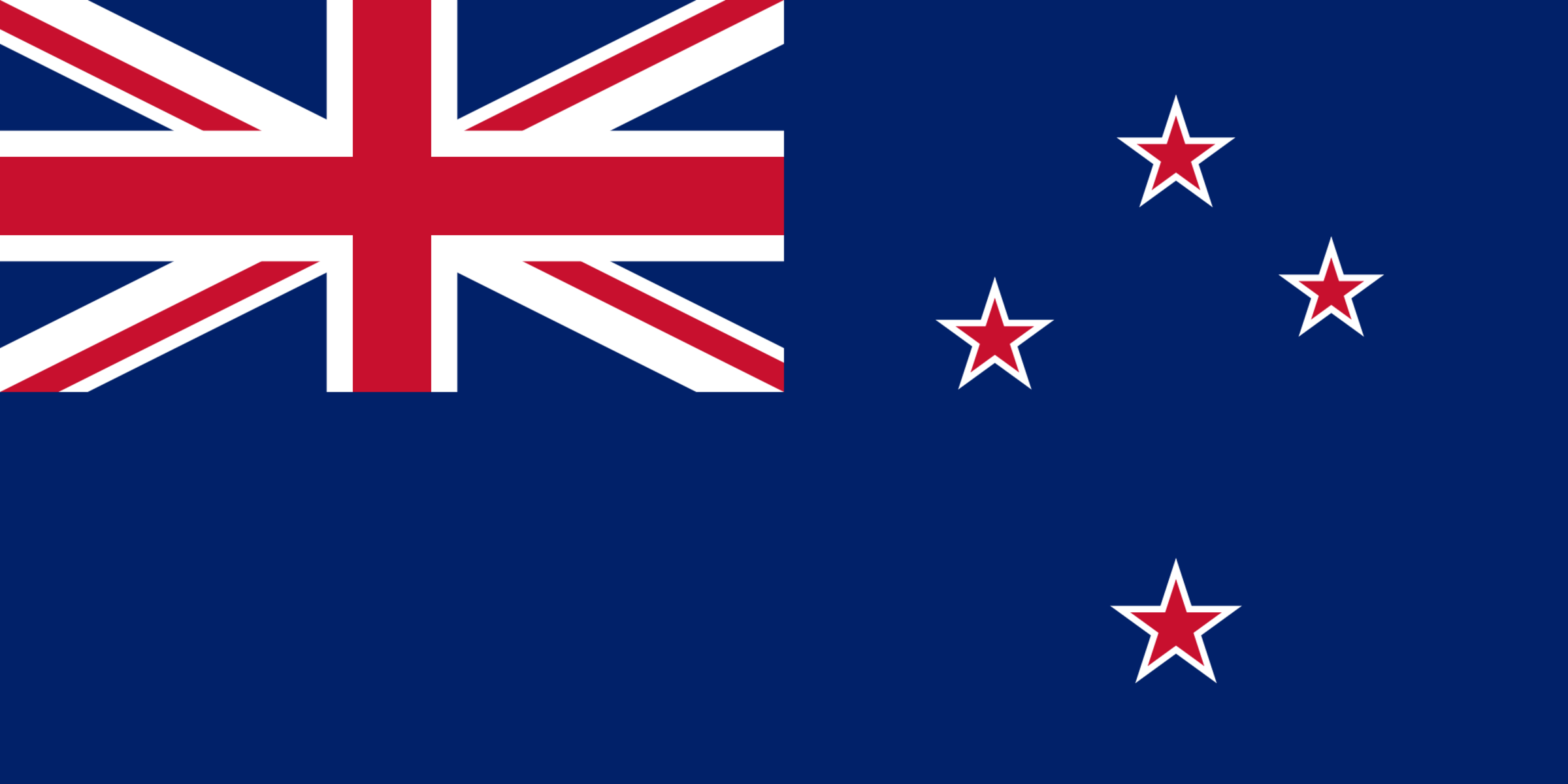
Plus if your native language is English, you won’t need to learn another language to retire there.
If you are new at traveling to foreign countries, you should hire a financial advisor who can help you plan for the type of retirement that suits your desires. This is a guide on what you need to know about retiring in New Zealand.
Cost of living
With a 9% higher rate than in the U.S., the cost of living in New Zealand is higher than in most European countries. As shown by Numbeo, an online database of global costs, the cost of living in New Zealand might be high but the cost of rent is lower than it is in the U.S. Although the cost of rent is low, living expenses are very expensive, and if you are a non-resident, you might have to pay income tax on your pensions.
Visa Requirements
The country provides two types of visas for persons looking to retire in the country; the Temporary Retirement Visitor and Parent Resident Retirement visas. You can relocate with your spouse if you want. If you are going for the temporary retirement visitor, you have to be at least 66 years old and possess a minimum investment of NZ $750,000 in New Zealand for two years. You have to prove your source of sustenance with an annual income of at least NZ $500,000 (about the U.S. $349,890).
You can’t work with this visa but you can travel in and out of the country during the limit. The Parent Resident Retirement visa requires proof of an adult child residing in New Zealand as a citizen or resident. If you are going for this visa, you must have a minimum annual income of NZ $60,000 over four years and other requirements. After four years, you are eligible to apply for permanent residence here.
Accommodation
Apartments in New Zealand do not cost as much as they do in the United States. But this doesn’t mean that rent in the country is that cheap. The cost of an apartment usually depends on its location. The average cost for a one-bedroom in the city center is about NZ $1,619, while a three-bedroom in the same area costs NZ $2,609. For similar apartments outside of the city center, they cost between NZ $1,267 and NZ $2,132.
Food prices
If you are planning to retire in New Zealand, you should be prepared to spend more on food and groceries than you would in your home country. However, just as in most countries, expenses depend on the type of city one lives in. Monthly expenses on food are one of the factors that will affect your budget.
Healthcare services
New Zealand provides its residents with a variety of health care options. These include public and private health care. Since taxpayers provide the funds for public health care, residents in New Zealand receive subsidized or free care. Expats with residence class visas also qualify for free healthcare in New Zealand. Private healthcare costs more than public health care.
You will need a residency permit before using any of the two healthcare. Thus, it’s better to pay for international health coverage provided you don’t have an adult child in New Zealand. Check out local health insurance providers online for more information on health insurance.

